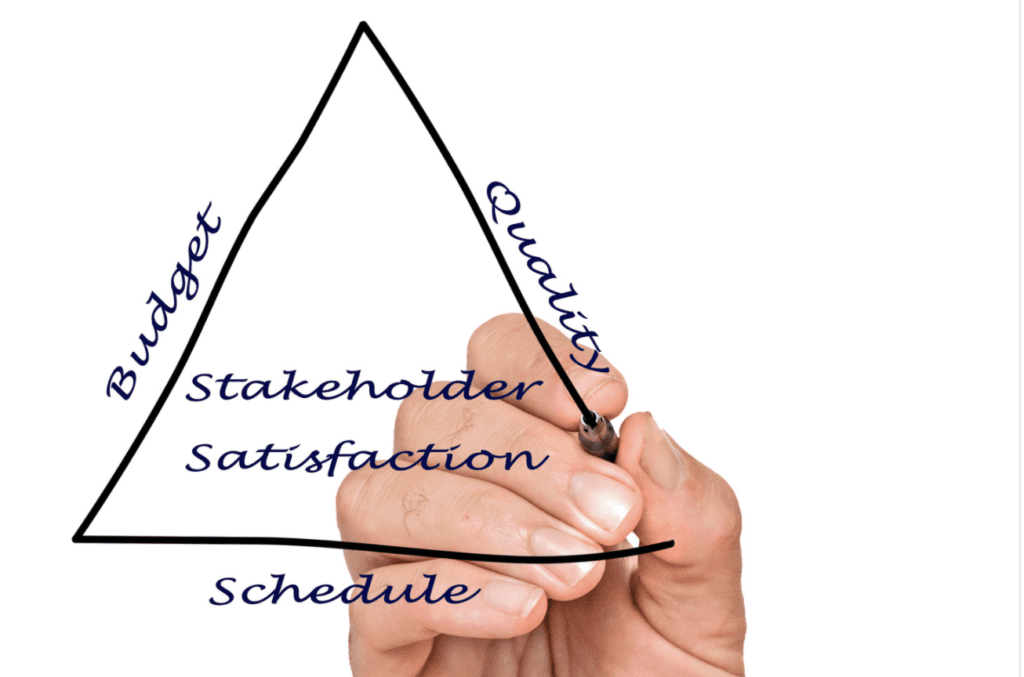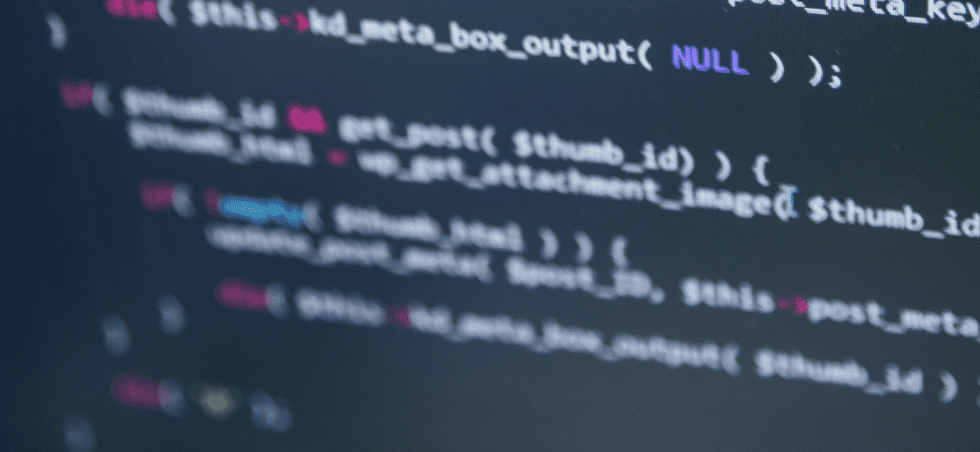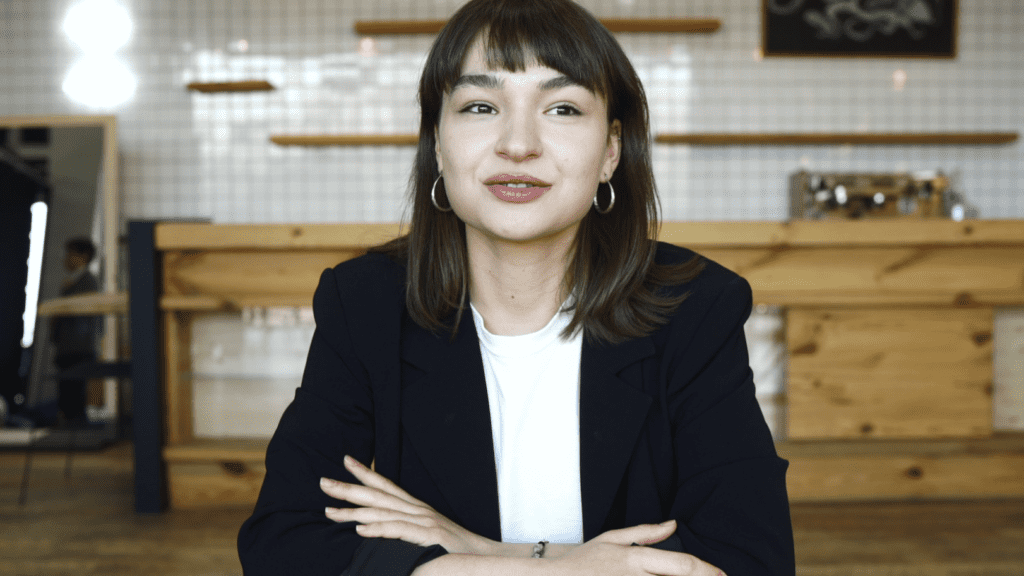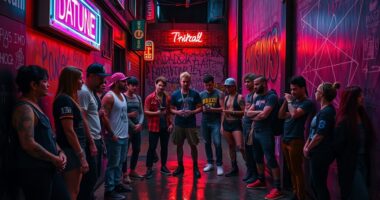Abbreviations like DAO, denoting decentralized autonomous organizations, are frequently cited as the next evolution of self-operating systems. These entities function autonomously, with decisions driven by immutable corporate rules embedded within software. The creation of DAOs is conducted using open-source methodology, with the first instance being established on Ethereum following the ERC20 cryptocurrency standard.
Why would The DAO replace your employer? That is simple – because it’s more efficient and transparent than any hierarchical organization could ever hope to be. Unlike managers in companies, votes cast by people who own DAO tokens cannot be faked and no one has special privileges.
One person, one vote. You will never have to worry about who gets into power next and what kind of deals they make behind closed doors; because there won’t be any closed doors — everything will happen under the piercing eyes of thousands of watchful token holders. The best part about it all is that you’ll get dividends from every successful investment as well as voting rights on how those returns are distributed.

The DAO – the decentralized autonomous organization – is a new form of economic organization. It can be seen as a for-profit, crowdfunded venture capital firm without the need for management or employees built on Ethereum, a next-generation cryptocurrency platform that allows for smart contracts to be programmed without the possibility of downtime, censorship, fraud or third-party interference. It is a virtual organization created by members of the Ethereum community, and it lives on the network as a series of smart contracts that will keep track of who owns what without any human intervention or management.
The Principal-Agent Dilemma
The main benefits to DAOs include providing solutions to principal-agent problems. This issue involves the conflict among the people making the decision and acting on behalf of their groups. Sometimes problems may appear, the most frequent being in the relationship between stakeholders and the chief executive.
A person who has the power to decide the priorities of the stakeholders or a company could instead act in the best interests of the principal. Another typical instance of the principal-agent problem occurs where an agent assumes excessive risk by assuming responsibility from the principal.

The development team also unveiled new details about how The DAO will operate, including the way it takes in ether-based funds from members that want to invest. Rather than taking place during an open window where anyone can contribute, all investments will be done over a 27-day period set to begin at 1 p.m. ET on April 28. After that time, there will be another 27-day window for investors to pull out money should they change their minds about contributing. Those who want to sell their shares can do so on any digital currency exchange.
Getting Started with The DAO
The crowdfunding method allows the DAO token holders to vote for which projects get funding and how much, based on each proposal’s ability to convince The DAO it will work. It is expected that DAO token holders will vote on proposals by splitting or consolidating their ethers, with a majority approval needed for a decision to be made.
Approved investments will include predetermined milestones, and the tokens of those who voted in favor of an investment proposal will increase in value based on the overall investment returns. A two-thirds majority vote from all stakeholders is required before funds are released from “cold storage” where they are kept offline without being digitally recorded on a computer, or a hard fork can be written to modify the code to divert funds.
A DAO, on the other hand, aims to be completely open and transparent, operating its business directly on a shared open-source blockchain platform. Transparency allows all stakeholders to see, understand, and influence the overall goals of the organization. Smart contract algorithms will keep the company’s economic and other interests safe on a tamper-proof shared ledger where all activities and transactions are recorded for everyone to see, because of their immutability. The goal of finance is to provide a return on investment for shareholders.
A New Type of Venture Capital Firm for The Digital Age
The DAO has no directors, and its innovative structure removes many risks normally found in traditional venture capital firms including:
- Removal of directors/managers who are susceptible to pressure by investors, partners or competitors. The DAO code controls the allocation of money and the distribution process without human intervention thus reduces risks of fraud or third-party interference.
- Removing human emotion from investment decision-making; reducing irrational decisions made due to greed, fear of missing out, etc. The DAO code runs autonomously which makes the organization less susceptible to outside influence that may compromise its original intention or bias any human emotions.
- Removal of employees can often be a large expense for traditional venture capital firms. Because The DAO has no staff and is completely run by smart contract code, there are little to no expenses required to make an investment decision which means the ether raised in the crowdfunding campaign gets invested directly into proposals without having to pay for salaries, offices, equipment, etc. This can enable returns on investments to be higher than traditional venture capital funds providing anyone who participates with return profits.
The smart contract code is completely transparent so that anyone in the Ethereum network can see it. As no one controls the smart contract code, there is no possibility of changing it.

The DAO’s source code – written in the Solidity language – will be public and everyone will know exactly what rules The DAO has set up for itself. Because of this transparency, The DAO can’t be changed without community consensus. No individual entity or group of entities can decide to make changes to the code without following a formalized voting process that is outlined in The DAO’s code itself.
The DAO does not have a traditional management structure or board of directors, and this ensures that no one person or group will be able to control the decentralized organization.
Decentralized Governance
Even though there is no formal structure, however, The DAO does have a curator. Curators are individuals or groups that serve to protect The DAO by approving proposals that wish to spend the ether holdings of The DAO. Likewise, they can disprove any proposal they believe violates the rules of The DAO.
Curators also play another role which is making sure no one person or group can control The DAO. If any individual or entity tries to take over the curatorship position, all other curators are notified and can vote on ending that person’s role as curator during a certain time period.
Your Organization Can Become Self Managed
The DAO also has no need for existing corporate structures found in traditional venture capital firms such as boards of directors, managers, advisors, or partners since management will be replaced by code and smart contracts. This means there is nobody who could be pressured to act against what they think is best for the organization – including shutting it down or changing its energy supplier (yes this is possible with blockchain technology).
The Future of Investment, Fundraising, and Management
Smart Contracts and Governance Tokens are utilized to enable participants to make consensus decisions about how the organization’s resources are allocated, thanks to DAOs. A new organization is attempting to revolutionize the world of investment and creative enterprises.
These decentralized autonomous organizations, or DAOs, do not rely on corporate headquarters and are governed by rules that are automatically implemented through the blockchain. Opponents of DAO legislation claim that it will have a significant influence on company activities. Many of these DAOs just finished creating some amazing stuff recently.

How Does DAO Work?
The DAO is a group of organizations that takes decisions from the ground up, and are governed by a member group. It is also possible to participate in a DAO by purchasing a token. DAOs use Smart Contracts, which is a type of chunked code executed based upon criteria.
Ethereum is the first blockchain to implement Smart Contract technology in its era. The smart contract defines the rules of the DAO. People who own DAOs have voting rights that influence the organization’s operation through the selection and development of new governance proposals.
Another benefit of DAOs, at least in theory, is that any stakeholder may have been influenced by using governance tokens to submit development ideas. If the majority of token holders agree, these proposals will only come into force if all of them are approved. Any stakeholder may submit proposals and cast votes, regardless of their position in the company.
Why Do We Need DAOs?
Because they are online-based organizations, they offer many advantages compared to traditional organizations. DAOs are particularly beneficial as they lack the mutual trust required for their operation.
The code of a DAO should not need re-use or be trusted by anyone. It is simpler to trust that this code is publicly available and can be tested before launching. Upon launch, the actions taken by a DAO are reviewed by the community to ensure they are transparent. Such organizations lack hierarchy.
The Drawbacks of Using the DAO Instead of An Employer
- You’ll need to learn how to code in order to get anything done with the DAO, let alone make any changes or suggestions
- There are no customer service representatives to resolve conflicts within the organization
- The governing rules of the organization may not apply to specific situations (such as disputes between members)
- All of your data is public on a blockchain you can’t control
- A new skeleton for any given project might be needed every time you want something changed
What Is the Future of DAOs?
Decentralized autonomous organizations enable a community to work towards a common goal, without the need for a centrally coordinating entity. DAOs resolve the issues of trust, by programming their governance rules in smart contract algorithms, to steer the organization towards the common interest of the participants.
Despite their potential as a new and disruptive organizational structure, DAOs still face issues related to their security and legality. There is also a lack of understanding by new investors looking to get involved, not to mention the technical competence required to maintain and secure the underlying infrastructure and consensus mechanism.
Conclusion
If you want to know how The DAO could replace your employer, all you need to do is invest in it. Unlike companies where managers can potentially fake votes and have privileges that others don’t, this new form of organization has no hierarchy whatsoever. You will be able to vote on decisions just like any other member – without having someone else decide for you or favoring certain individuals over others. It’s an exciting time with so many possibilities!

Decentralized autonomous organizations were created to eliminate the organizational risk of human error and poor decision-making. Investors seeking alternative governance models may also be attracted to DAOs because they avoid organizations with central decision-makers who might not have the community’s best interests and values in mind, as well as managers whose business judgments can be clouded by preconceptions.
This is known as the principal-agent problem in business, and it refers to a situation in which an individual makes crucial decisions without adequate consultation with investors or the company. Due to the lack of transparency in a standard corporate hierarchy. It is difficult for shareholders or investors to discover a dishonest agent who is working in his own self-interest.
One of the most essential aspects of DAOs is that they allow organizations and groups to achieve a common goal without requiring participants to know one another. A DAO’s bylaws are kept on a transparent, secure, and open-source blockchain ledger, ensuring that no one can override them in the future — at least not without the support of a supermajority of stakeholders. What are your thoughts?









